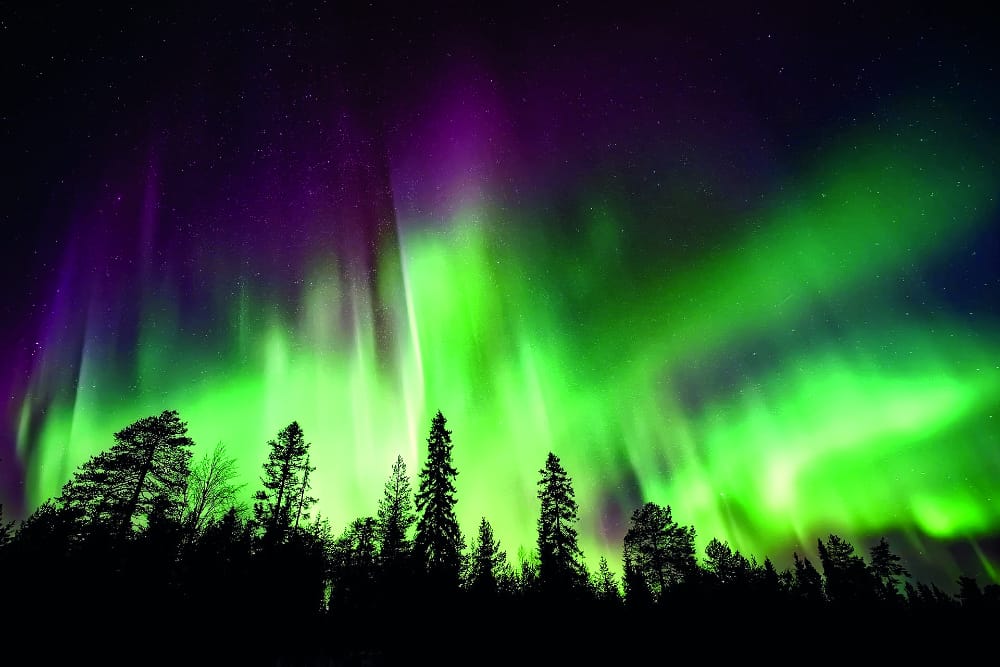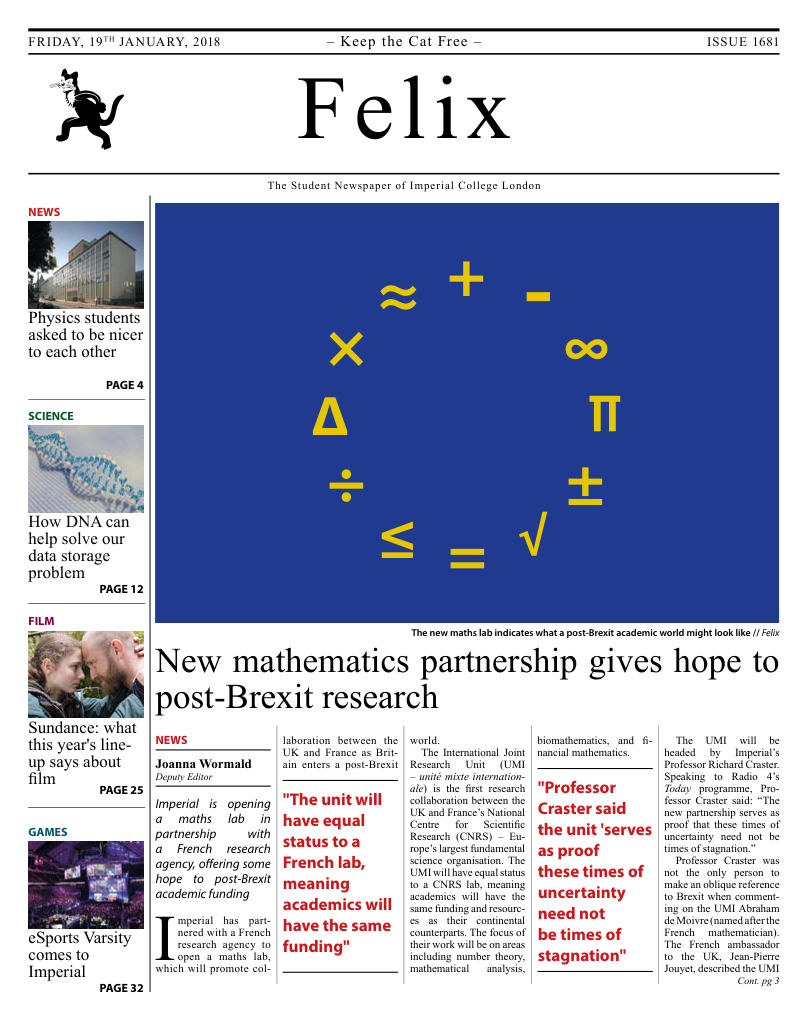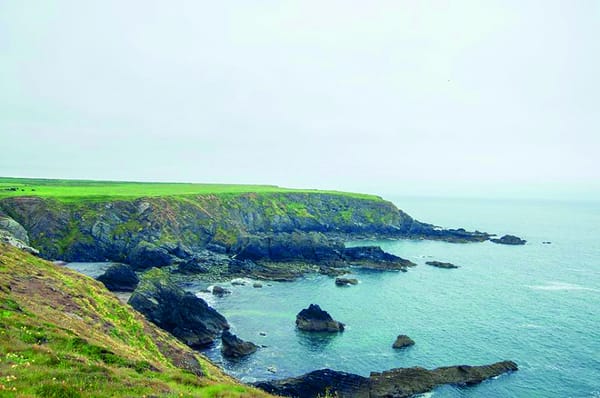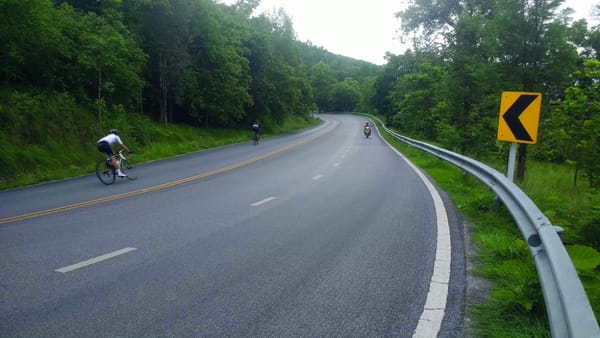Lights will guide you home: catching the northern lights in the UK

Scandinavian countries are famous for offering the best views of northern lights, or Aurora Borealis, especially visible above the North Magnetic Pole. However, getting up there may not be the best value for money. Luckily, there are some UK locations, where you can enjoy the lights for a short study break.
The UK has quite a few spots where the northern lights, or Aurora Borealis, are visible. As you may have guessed already, you have higher chances to see them somewhere up north, particularly in Scotland. However, you’ll be surprised to learn that Aurora Borealis has been noticed as south as Oxfordshire and Cornwall! But don’t get too excited – this happens rarely, and the chances of seeing them there with the bare eye are definitely very low. If conditions are almost perfect but you still can’t see anything, then try it with your camera, since the eye can’t sense many colours in low light while a DSLR camera sensor can. For a more detailed explanation, ask your biologist friends.
What are they?
The northern lights are, in a few words, a “light show caused by collisions between electrically charged particles released from the sun that enter the earth’s atmosphere and collide with gases such as oxygen and nitrogen”, as explained by Aurora Service Europe. Since this is a phenomenon that can be seen above both magnetic poles of the Earth (and usually happens at the same time), there are also southern lights, or Aurora Australis. And, as the Aurora Service mentions, “northern and southern auroras are mirror-like images that occur at the same time, with similar shapes and colours”.
Where to see them?
There are many places in Scotland, some popular ones including the Scottish Highlands, Aberdeenshire, the Isle of Skye (on my own bucket list), and the Galloway Forest Park. In England, you can try viewing them at the Lake District and even Oxfordshire or Cornwall (if they are strong enough). In Northern Ireland, they can be seen from Antrim or Rathlin Island. And if you’re in Wales, try the Brecon Beacons.

For more vibrant colours, you may prefer to travel outside the UK. Other European destinations include Norway, Sweden, Finland, and Iceland. They are close to the UK, and you can find many good deals on flight tickets, so keep an eye out. In Norway, popular viewpoints gather close to Tromsø, Alta, and Kirkenes; in Sweden, check out Abisko, Jukkasjärvi, and Luleå; in Finland, well-known Aurora Borealis places are Muotka, Kilpisjärvi, and Luosto; and last but not least is Iceland, where you can see the Northern Lights from locations just outside of the capital Reykjavik or the South Shore.
If you have more time and money to spare, you may want to reach further ahead and travel up to Greenland or Canada.
How to get there?
Another important question is “How am I going to get there now?” I’m afraid to tell you that your options are quite limited. In order to have more chances to see this magical phenomenon, you need to be away from large cities, which means limited or no public transport! Even if there’s a bus or a train, it will most probably not be available at the time you want it. So your options include finding a way to get to the nearest town (plane/train/bus) and then paying someone to drive you to your final destination (which might be expensive) or renting a car yourself (either from London or the closest large city). Car rental could be costly as well, unless you are already 25 years old because most car hire companies have an extra fee for under 25’s (that makes no sense to me because you may be 26y/o but have got your license just two days before but that’s another topic to discuss).
Well, what happens if you don’t have a driver’s license (like me) and can’t afford to pay for overnight taxis? Simply find a friend who has one and ask him/her to come with you. The more, the merrier, and also cheaper!
Last tips
Make sure you spend at least a couple of nights there. It’s not easy to plan such a trip ahead as weather conditions are unpredictable. Cloudy and foggy nights can spoil your view. But there are some online tools that can help. For instance, the aforementioned Aurora Service Europe or Aurora Watch UK, which report the latest information about the northern lights in Europe and the UK, are worth checking out before travelling. They even send out notifications and alerts upon subscription.
Ed: For more travel stories and tips, visit Elina’s blog at empnefsysandtravel.com









